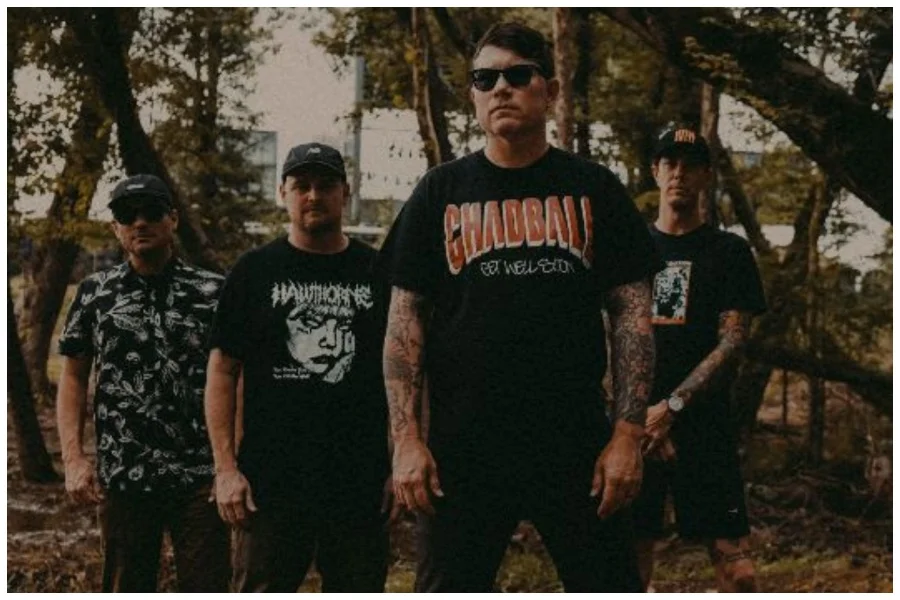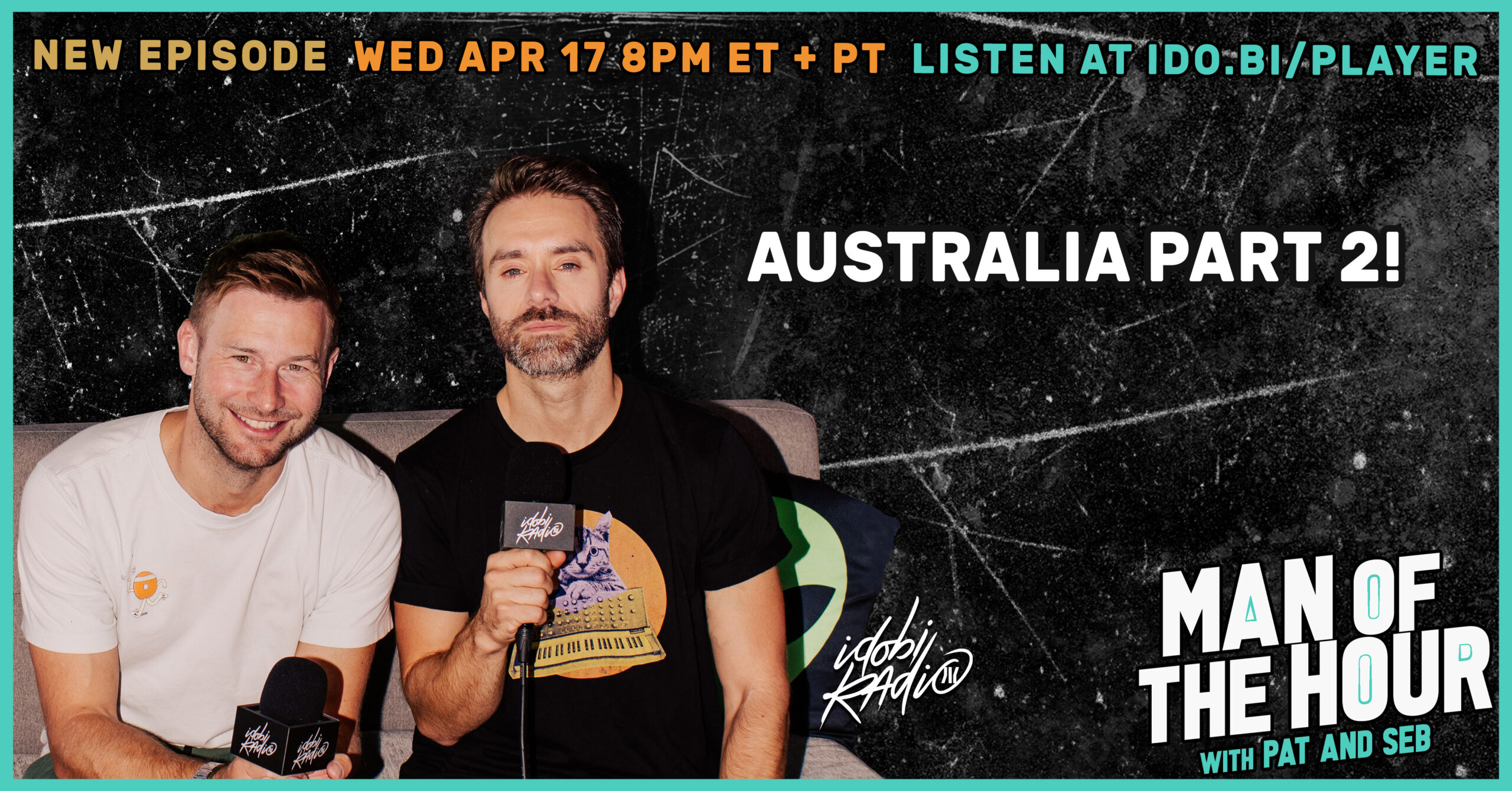“Corporate radio stations need to show musicians the money” is the title of a piece written by SoundExchange executive director John Simson, published in the San Jose Mercury News back in August. But internet song aggregator Orchard suggests it needs to start following its own advice. Orchard’s Greg Scholl fired off a letter to the Copyright Board, and published in Billboard, arguing that it was time for a major audit of the service, which supposedly is supposed to collect royalty money for redistribution to rights holders. Scholl says it’s very difficult to figure out what SX is doing with the money it brings in, but as best he can figure in 2007 it brought in about $140M but paid out less than $40M. In the case of Orchard, which has sold over 1.2M songs over the internet, and has over 100K songs to which it owns rights registered with SX, it has received only $31K over three years, and of that, “…a paltry $1,119.78 matched songs we had registered. The rest encompassed royalties for songs where we don’t hold collection rights or songs we don’t even sell digitally: just completely random songs!”
Scholl said, “There are two explanations: gross incompetence, or intentional neglect. Either merits a formal inquiry into SX accounting and business practices. How much money has been collected, and from where? How much has been distributed, and to whom? And, are different constituencies–individual artists, independent labels, independent organizations such as ours that represent groups of artists, the four major labels–treated differently?”
Orchard has been hoping to find a balance between artist compensation and artist promotion which is naturally facilitated by many internet services, much as it is on broadcast outlets. It complains that in the last year, SX has not helped move that issue forward one iota. “At this important early stage of market development, it is critical for rights holders and webcasters to experiment and innovate, working together as partners, with a high degree of economic and transactional transparency,” wrote Scholl. “One would hope that the mutual goal would be finding an appropriate balance between underlying rates on one hand and valuable promotion and music discovery on the other, all the while fostering innovation and experimentation around artist discovery, audience development and new, creative music business models. A year later, the song remains the same.”





























